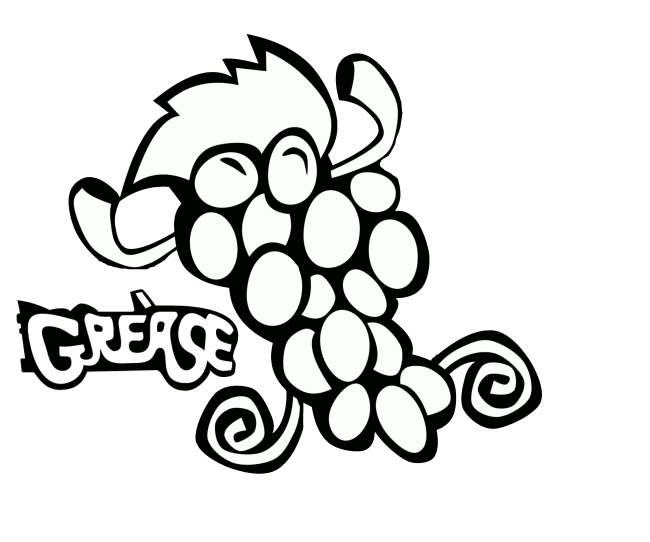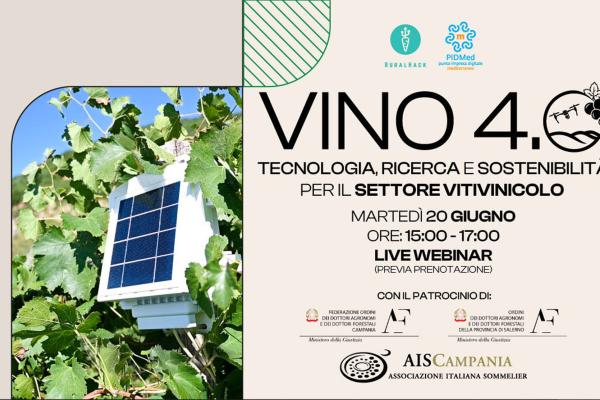Sustainable cultivation of grapevine Greco: resource use efficiency and application of the footprint family indicators

The project falls within the framework of the sustainable management of vineyards in the sight of climate change. The low profitability of the cultivation area of Greco di Tufo DOCG is responsible for crop conversion and consolidation of small/medium-sized farms into larger ones. The general objective of the project is to realize a specific model of vine pruning and soil management to improve the potential of Greco, in order to achieve a good vegetative and reproductive balance, the improvement of farm profitability, of grape and wine quality, and finally of environmental sustainability.
The projects has 3 main multidisciplinary activities:
- analysis of the effect of the change in vine pruning on resources’ use (dendro-anatomical and -isotopic analyses);
- analysis of the effect of vine pruning and of
- analysis soil management on the continuum soil-plant-atmosphere system with specific activities such as: pedoclimatic, vegetative and reproductive, physiological and hydraulic characterization; microvinification and characterization of grapes and wine produced in the different trials; evaluation of resources use efficiency, pests, footprint family markers; model development.
Climate change is one of the main challenges for future agriculture since it can severely affect plant growth. The Mediterranean area is one of the most vulnerable regions where climatic models forecast a significant increase in the frequency and severity of drought events. On-going climate change is worsening some critical issues in the production of the grapevine Greco. The Greco is cultivated in several areas of Campania Region where, notwithstanding the pedoclimatic variability, it is possible to produce wines of good quality and longevity. Indeed, Greco is used alone or blended in many regional quality label wines. The Greco cultivation is strategic for the safeguard of the territory, of the environment and cultural heritage.
Nowadays, there is a high risk for the economic sustainability of Greco cultivation due to 3 main issues: reduced vine productivity, the low selling price of grape, and territory fragmentation. Such critical issues induce the abandonment of small/medium-sized farms due to either crop conversion or consolidation into larger farms.
The Greco vine represents a study model to introduce management techniques of cultivation factors aimed to solve problems common also to other autochthonous regional cultivars, such as low fertility and unbalanced ratio among sugars, acids, and other compounds responsible for specific flavors.
The proposed innovation regards the processes of management of some agricultural practices for sustainable viticulture from and economic, environmental and social viewpoint. The Greco is a study model and the Innovation project aims to a rationalization of the management of pruning and soil in order to solve critical issues in the productivity (yield and quality of grapes and wine) of Greco. This study model is applicable to other cultivars with similar critical issues.
The impact of the project on other wineries of the Campania Region is significant due to the easiness in know-how transfer to other cultivars by the simple modulation of the agronomical practices without the need for long-term structural investments. The knowledge and know-how transfer is already part of this project.
The Innovation will be also useful for other enterprises in the fields of technologies and biotechnologies applied to viticulture and oenology and of associated farms (e.g., producers of fertilizers, seeds), to realize products and services better adapted to the development of a cultivar-specific viticulture and oenology.
| Titolo/Descrizione | Url | Tipologia |
|---|---|---|
|
Sito web del progetto
|
Sito web
|
|
|
Video del webinar VINO 4.0: tecnologia, ricerca e sostenibilità per il settore vitivinicolo
|
Materiali utili
|

